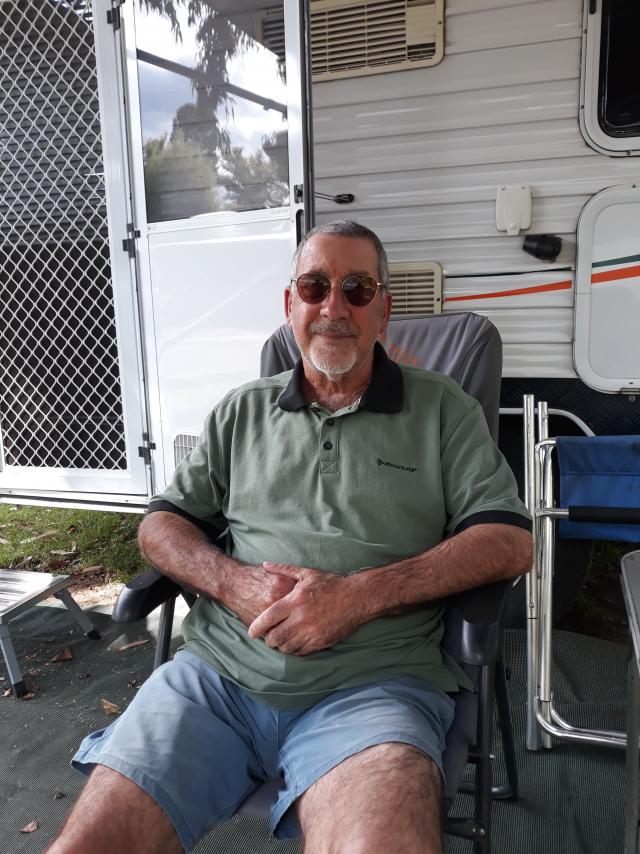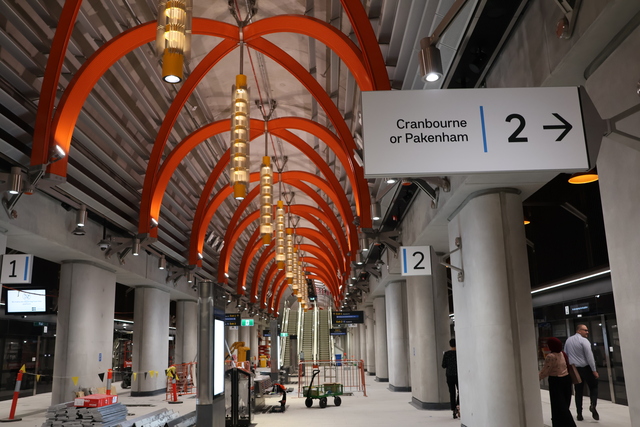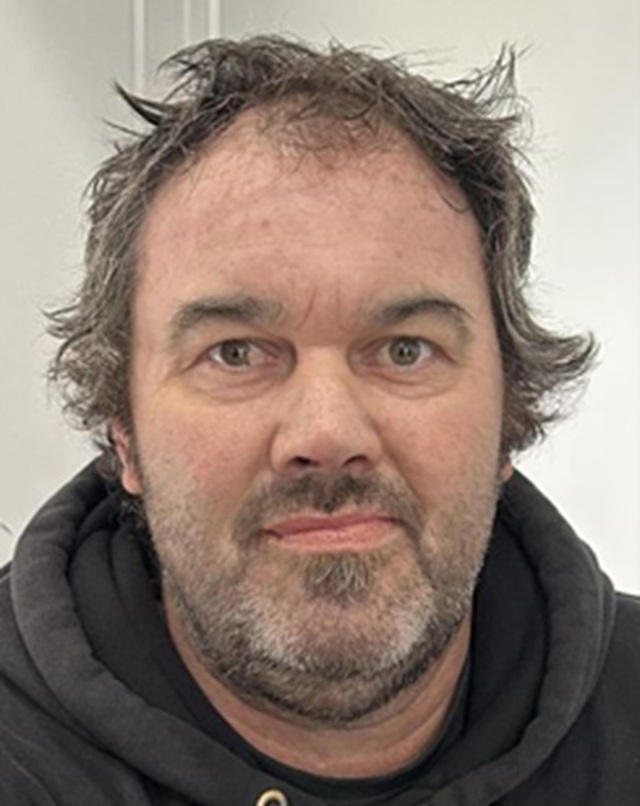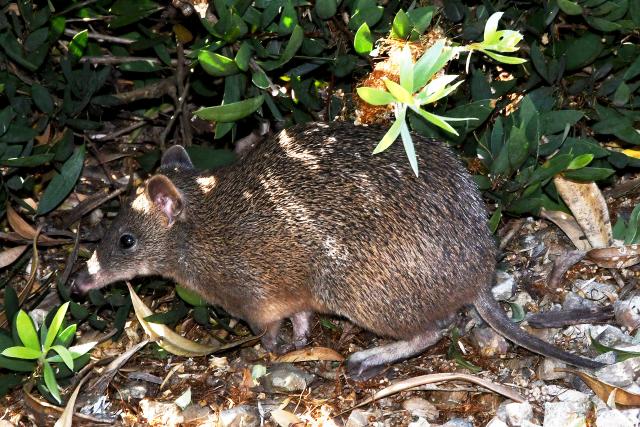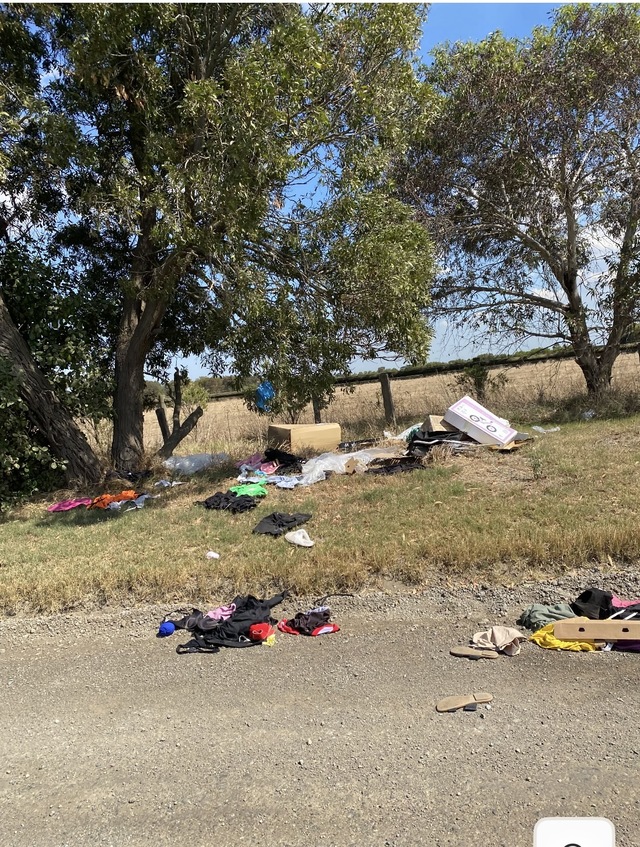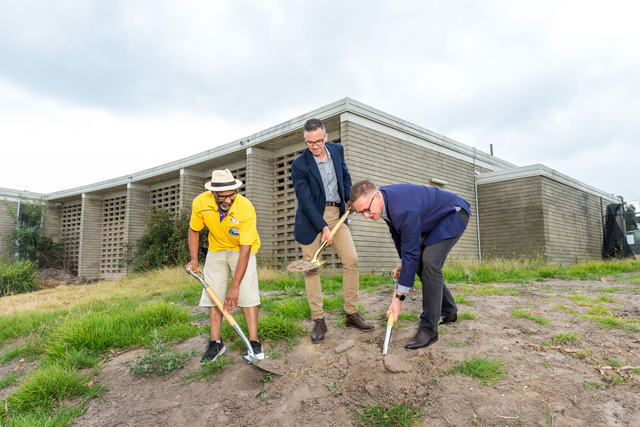Locals that suffer from a debilitating nasal illness look forward to a potentially new breakthrough treatment.
Vince from Pakenham and Andrew Touplin from Clyde hope the new drug called Nucala will help treat their chronic rhinosinusitis.
Chronic rhinosinusitis is a common chronic respiratory disease that affects one in ten Australians.
The disease is associated with increased inflammation and swelling of the lining of the sinuses, and which can cause nasal polyps to form inside the nose.
An estimated 25 to 30 per cent of people living with chronic rhinosinusitis also have nasal polyps, a soft jelly-like tissue that grows in the nasal cavity.
Symptoms of Chronic Rhinosinusitis with Nasal Polyps (CRSwNP) include nasal blockage and discharge, congestion, loss of smell and facial pressure, which can have a significant impact on quality of life by affecting mental wellbeing, sleep, and productivity.
People living with CRSwNP experience symptoms that impact their day-to-day life.
Andrew Touplin, a steel worker from Clyde, says the disease has dramatically affected his life.
“I slowly lost my sense of taste and smell over an 8-12 month period,” Andrew said.
“My nose was blocked and runny constantly, the polyps started to put pressure on my sinuses.
“I used to love cooking, I was the chef of the household and now I don’t have the will to do that anymore.”
Vincent Bevilacqua, a Pakenham local, has been suffering chronic rhinosinusitis and nasal polyps for 30 years.
He suffers from the same symptoms as Andrew and many others.
“When I got it, I didn’t even know what it was,” Vincent said.
Not knowing what I got, I had to get the ambulance sometimes because I was having a hard time breathing,
“It was really scary at times.”
Typical treatment is surgery to remove nasal polyps that have formed.
However they tend to reappear quickly, with an estimated 40 per cent of people living with the disease struggling with recurring nasal polyps within one-and-a-half years of surgery.
Andrew has had three separate surgeries to remove nasal polyps, while Vincent has had four to treat his sinus problem – three of them have been to remove polyps.
“I don’t bother anymore with the surgery, it doesn’t do anything,” Vincent said.
“It comes back within two to three weeks.”
Andrew has had a similar experience.
“I get the surgery as if I am the same as everyone else, as if the surgery is done and that’s that,” he said.
“Within six months the polyps would come back.”
Andrew’s latest surgery was in December 2022.
He says his smell and taste were gone again within two to three weeks and believes the polyps will be back soon.
Nucala is a new treatment which has recently been subsidised by the Pharmaceutical Benefits Scheme (PBS).
Clinical trials have shown effectiveness in improving recurring symptoms.
It works by reducing the number of a certain white blood cell that is involved in the formation of nasal polyps, which then reduces the size of them.
Nucala is an additional option for patients who have had previous nasal polyps surgery and continue to experience severe, chronic inflammation and symptoms after treatment.
Andrew is happy to hear of a new potential breakthrough.
“I would be wrapped if it does half the job,” Andrew said.
“I would move heaven and earth to get my taste and smell back, I can live with the running nose and headache.”
Vincent too is hopeful for the treatment.
“I’m so happy that there is something that can help,” Vincent said.
“I also hope that this will get more people knowing about the disease too.”
Professor Richard Harvey, a leading Otolaryngology Head and Neck Surgeon and researcher said the subsidisation of Nucala is a big step for combating the disease.
“The treatment journey for patients can be long and complex,” he said.
“The PBS listing of Nucala means affordable access for Australian patients to a monoclonal antibody treatment for the first time.
“This is welcome news as it means patients, who have not had an adequate response to other treatments, have a new option that can improve their quality of life and potentially reduce the number of future surgical procedures for this group of patients.”

